Although some people avoid gluten thinking that it is better for their bodies, others need to stay away from it because it makes them sick. Most people with coeliac disease are undiagnosed, even though they may have symptoms that are connected to gluten intolerance. Here are some of the symptoms you should be aware of if you think you or a family member may have coeliac disease.
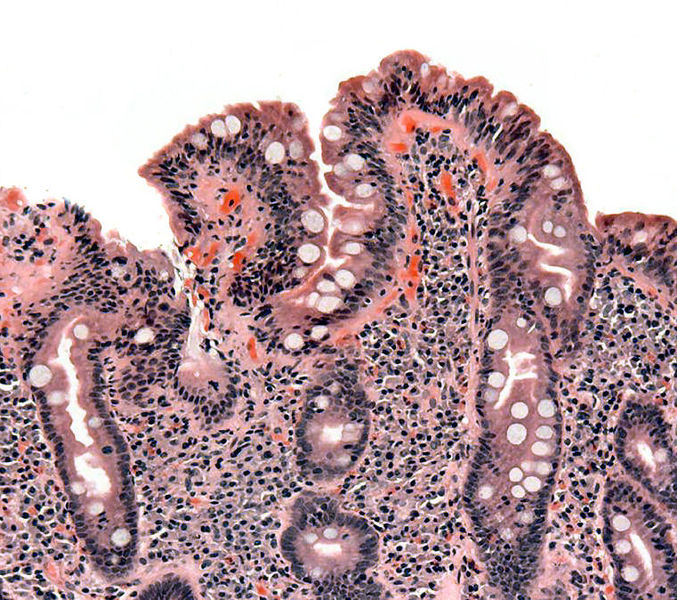
How Coeliac Disease Works
Gluten is a protein that is contained in foods made from wheat, rye, triticale and barley, as well as foods made with oats that are processed in plants along with other grains. With people who are gluten intolerant, their bodies cannot break down or digest gluten. Not everyone who is gluten intolerant has coeliac disease, but it can still cause them to have similar symptoms to the disease.
Coeliac Disease Symptoms
Not everyone who has coeliac disease will exhibit symptoms, but it is important to beware of the symptoms if you eat foods containing gluten and feel sick afterwards. There are distinct symptoms in people with gluten intolerance, which can include both adults and children. People who have coeliac disease will usually experience digestive symptoms like:
- Bloating
- Abdominal pain
- Constipation or diarrhoea
- Vomiting
- Weight loss
- Foul smelling stools
The disease can affect other areas of the body in adults, and they may often have symptoms like:
- Fatigue
- Anaemia caused by iron deficiency
- Stiff, painful joints
- Bones that are weak and brittle
- Skin problems
- Tingling or numbness in feet and hands
- Loss of tooth enamel
- Infertility
- Irregular periods
Some people will develop a skin problem called dermatitis herpetiformis, or DH, that is identified by small, itchy bumps and blisters. These bumps and blisters are often located on the knees, elbows and buttocks of people with coeliac disease. People who develop DH often don’t have any of the digestive symptoms associated with the disease.
Coeliac disease symptoms vary from person to person, and can depend on factors like:
- How long people were breastfed as babies
- How old they were when they started eating gluten containing foods
- The amount of gluten that is consumed
- How severely their intestines have been damaged
Coeliac Disease Treatments
People with coeliac disease shouldn’t consume any foods or drinks that contain gluten protein, like breads, pastries, beer, and other items that contain grains. Many companies now make foods that are gluten free, including Juvela. You can still eat a healthy diet by incorporating these foods into your diet, along with meats, fish and poultry that are not breaded or marinated, fruits, dairy foods, vegetables, beans, lentils, and rice.
If you have any of the symptoms of coeliac disease, you should contact your doctor and have him or her run the appropriate tests to find out if you have the disorder. Until you receive the results of the tests, reduce or eliminate foods and drinks containing grains to see if your symptoms improve. Look for foods marked gluten-free or read labels to check foods for grains.
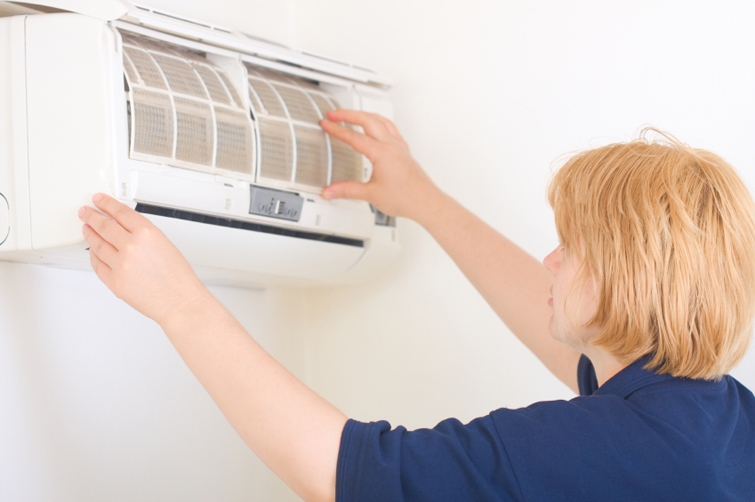





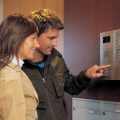











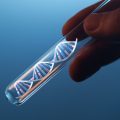






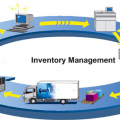
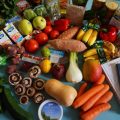




No Comments
Leave a comment Cancel